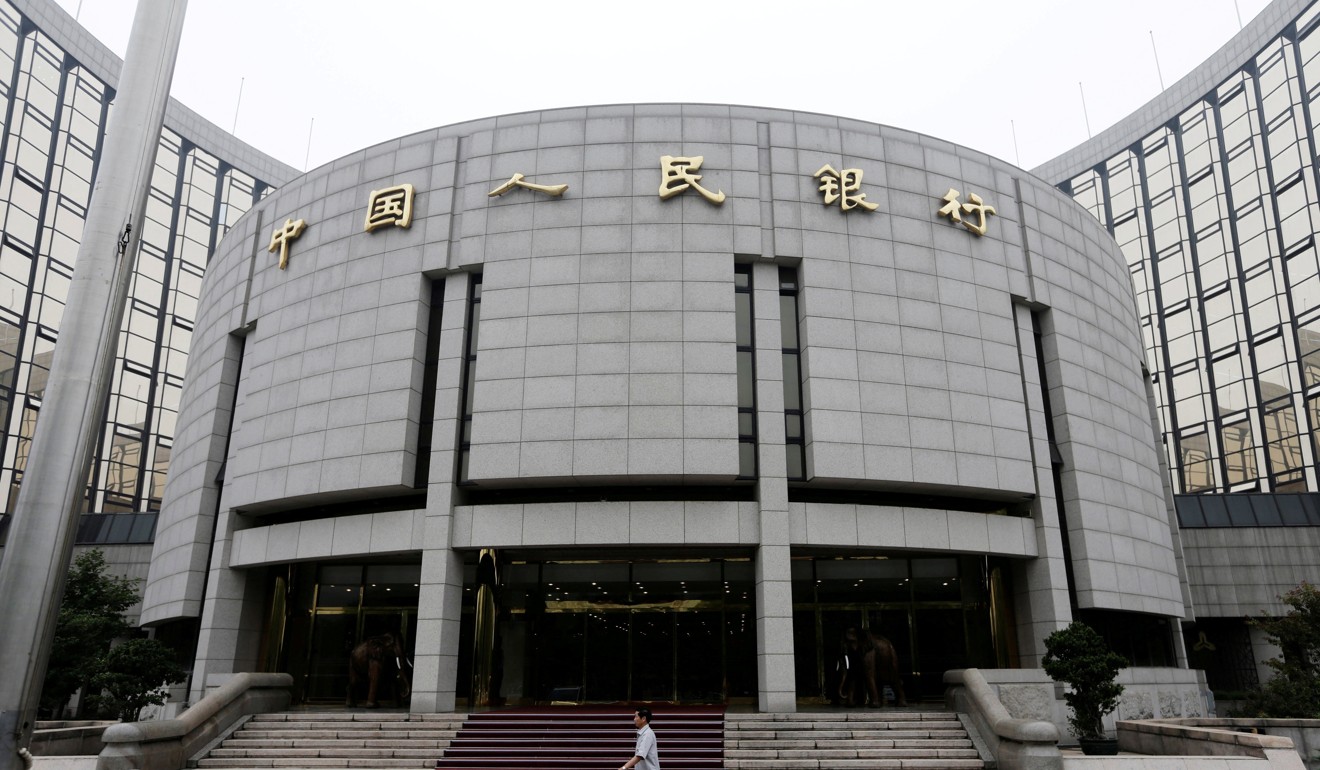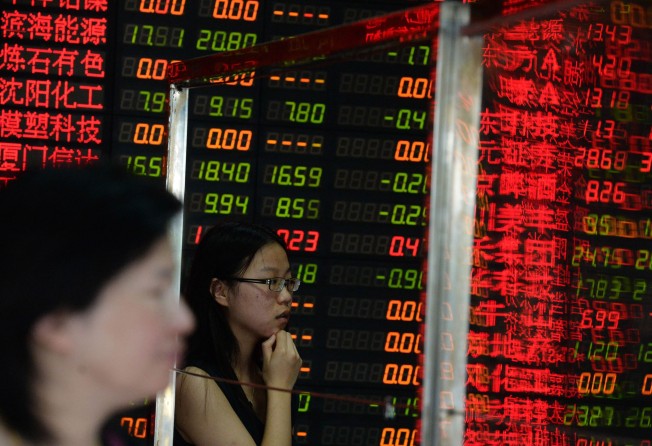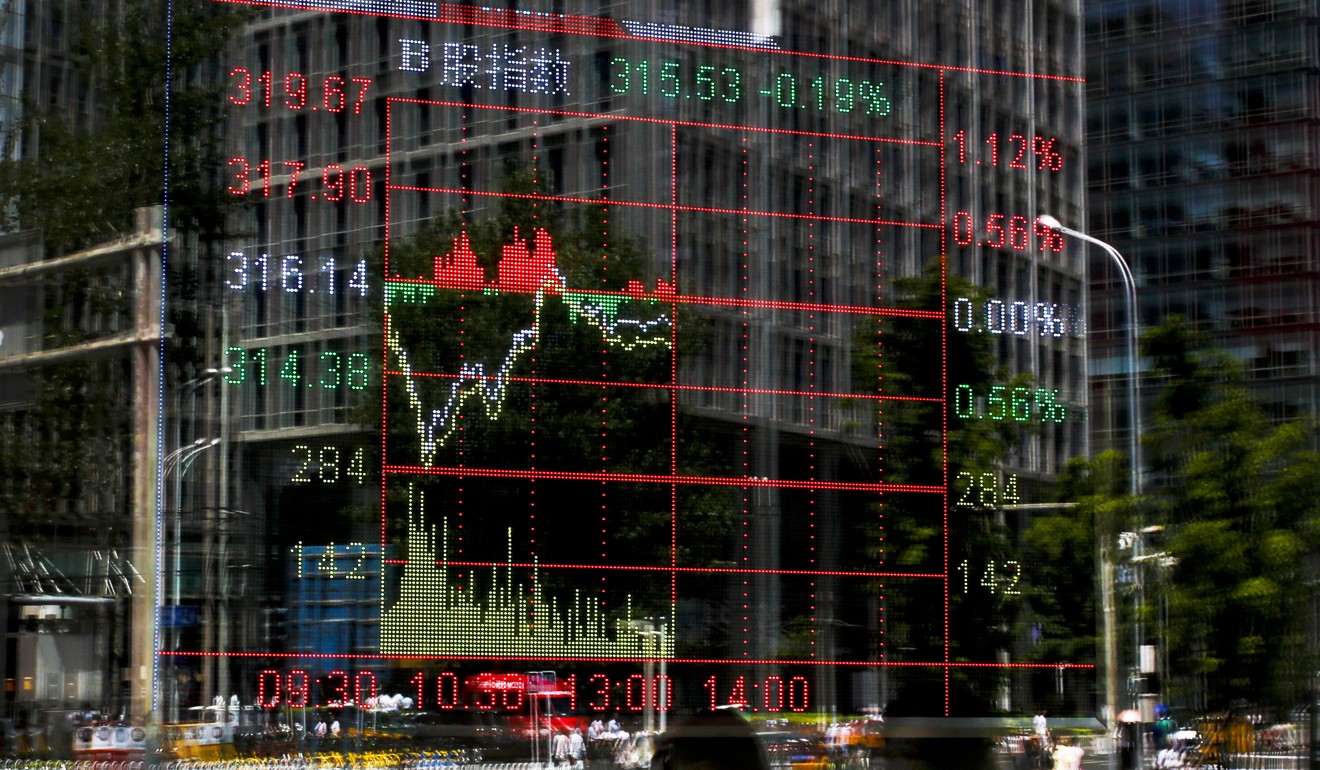
Chinese local finance offices sharpen their teeth after Xi orders crackdown on scammers
Drive to enhance regulatory powers follows instruction from President Xi Jinping to target Ponzi schemes

Local Chinese governments are upgrading their previously toothless financial offices to powerful regulatory bureaus in response to President Xi Jinping’s demand to clean up the country’s rampant Ponzi schemes and online lending businesses.
While the ongoing change is not designed to create new agencies, it is a key stage in the process of forging a new financial oversight system that values control and risk prevention over development and deregulation.
China’s northern Hebei and Shandong provinces, where illegal fundraising activities have been particularly serious problems, have already empowered the local financial offices, which used to focus on policy coordination, to act as “financial regulatory bureaus” with the power to issue licences, to check sites and to issue fines, according to local official media reports.
The southern city of Shenzhen, on the forefront of China’s cross-border capital flows, decided last week to do the same.
Other Chinese areas, including Hubei, are expected to follow suit, and this will become a nationwide trend even though there have been no clear instructions from the central government, the 21st Century Business Herald newspaper reported.
“The adjustment comes against the backdrop of China’s recently heightened financial regulation and the establishment of a higher ranking of regulatory coordination body,” Chen Zhiwu, director of the Asia Global Institute at the University of Hong Kong told the South China Morning Post.
The institutional tweak “will help increase regulatory coordination,” Chen said.
Xi has named financial risk control as one of the top three priorities for the country, along with poverty reduction and environmental protection.
Xi is expected to start his second five-year term after the 19th party congress, which will start on Wednesday, with greater leeway to push his policy agenda after he cements his grip on power.
The bureaus are intended to cover loopholes that local branches of China’s central bank, the securities regulator, the banking regulator and the insurance regulator have failed to cover.

The ineffectiveness of China’s financial regulatory regime was laid bare when one online firm was found of scamming US$7.7 billion from 900,000 retail investors in just 18 months up to the end of 2015.
In another case that alerted China’s leadership, thousands of members of a Shenzhen-based fundraising scheme staged street protests in Beijing this summer after the authorities declared the pyramid scheme illegal.
As these irregular financing deals often fall outside the remit of the traditional regulatory bodies – and can easily trigger social unrest – Xi has convened a national conference in July to urge the country’s officials to be alert to the problem.
At a national level, Xi decided to set up a new agency, namely the Financial Stability and Development Commission, to coordinate regulatory works.
Finance offices were first established by local governments in early 2000s to play advisory and coordination roles.
The first local finance office was created by Shanghai in 2002 with the primary task of drafting financial plans “to make the city an international financial centre”.
However, these offices gradually accumulated regulatory powers.
The Jiangsu provincial finance office, for instance, was given the power to approve small lending companies in 2009 as the central government promised to ease the financing difficulties small businesses faced.
The office was also given power to crack down on illegal fundraising in 2010 and to issue licenses for local commodities exchange in 2011.
But without the power to punish or discipline the wrongdoers, the offices often had to seek help from the police, the industry and commerce bureau, and the local branches of financial regulators in crackdown campaigns.

“They will take some powers from existing regulators,” said Liu. “It is also likely that the Financial Stability and Development Commission will release special regulations.”
Existing regulators – including China Banking Regulatory Commission, China Securities Regulatory Commission and China Insurance Regulatory Commission – will therefore be freed to concentrate on the creation of regulatory standards and the supervision of major financial institutions, Liu said.
At the same time, Liu said there could be conflicts of interest if local governments decided to turn a blind eye to risks for sake of local development.
For instance, exchanges of gold, metals and even relics have mushroomed across China with the direct or indirect backing of local governments in previous years, and the central government in Beijing has had to prevent risks from escalating.
In one typical case, the Fanya Metal Exchange, an exchange based in the city of Kunming, had received the blessing of the local authorities and attracted 220,000 investors.
But the scheme unravelled in 2015 and caused protests in many Chinese cities by angry investors demanding to get their money back.
“They must think hard about how to balance the local development of financial industry and their financial regulation,” Liu said.